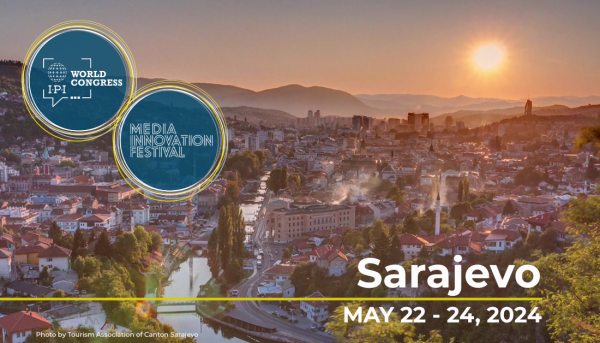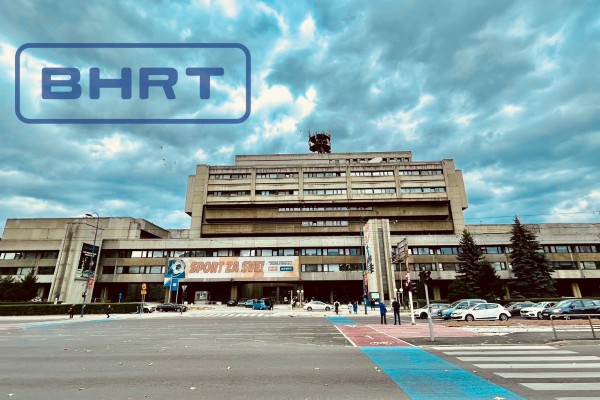The International Press Institute (IPI) and its affiliate, the South East Europe Media Organisation (SEEMO), today expressed concern at statements by Turkey’s prime minister condemning the publication of minutes allegedly taken in a meeting between lawmakers and the imprisoned leader of the outlawed Kurdistan Workers’ Party (PKK) to discuss peace negotiations with Turkey’s government.
Prime Minister Recep Tayyip Erdogan on Saturday strongly criticised the publication by Turkish daily newspaper Milliyet last Thursday of a document purportedly written during a Feb. 23 meeting between Abdullah Ocalan and three deputies from the pro-Kurdish Peace and Democracy Party (BDP) on the prison island of Imrali.
According to daily newspaper Hurriyet, Erdogan said leaks of information such as that in the document – which was said to detail Ocalan’s thoughts on moving the peace process with Turkey’s government forward – were plots designed to disrupt that process.
“I plead to 70 million people not to give credit to malevolent news, rumors, and dark operations conducted through the media and plots laid via the media…,” Erdogan told an audience in the western province of Balikesir, Hurriyet reported. “The more we strive for peace, there will be those who try to ruin it. While we are endeavouring to stop the spilling of our martyrs’ blood, there are those who want to ruin [the process]. They appear in front of you with lies, calumnies, rumors, sabotage, operations and media plots.”
IPI Deputy Director Anthony Mills said: “The job of journalists is to report on matters of public interest, which we believe include information on the potential resolution of a conflict that has dragged on for nearly three decades and claimed more than 40,000 lives.”
IPI’s Turkish National Committee yesterday issued a statement in response to Erdogan’s comments. A translation of that statement into English follows below.
***********************************************************
During a visit to the western Turkish province of Balikesir, Prime Minister Erdogan spoke about the leak to the Turkish press of details of a recent meeting between the jailed leader of the outlawed PKK and deputies of the BDP.
Erdogan specifically attacked Milliyet daily, which published the “Imrali transcripts” on Feb. 28, with harsh words that pay attention neither to the public’s right to be informed, nor to the freedom of the press. Erdogan said the following in Balikesir:
“One newspaper comes up and publishes a streamer headline. This headline story breaks the news from Imrali. I always say: ‘Certain parts of the media never stand with us.’ Some extensions and some ‘pen-knights’ [spin-doctors] of the media write that ‘governing a country is a different thing than publishing a newspaper’…If you want to contribute to this process of solution, you cannot and should not use such a news story. Because this process is sensitive. With their headlines, with their columns, they say they are doing journalism. If this is it, then, down with your journalism!”
Such unfortunate remarks by the prime minister are unacceptable with regard to democracy, as well as its integral element, the freedom of the press.
With these remarks, the prime minister directly attacked the freedom of the press, suppressed it and created an atmosphere of fear that can increase self-censorship, which is the number one problem of the Turkish media.
This is why we find that it’s necessary to reiterate some truths about journalism and the freedom of the press, in the context of the prime minister’s threatening speech.
The principle criterion of journalism is honest reporting. The fact that no party has refuted Milliyet’s story on the “Imrali transcripts” and that almost all of Turkey’s newspapers quoted the story the following day show that it was true. Milliyet achieved a great journalistic success. The public has been informed truthfully about a process that it has an interest in learning about. This is honest and proper journalism. Therefore, what the prime minister calls to be brought “down” is journalism itself.
Any leader who governs his country according to democratic rules and methods cannot possibly desire such a thing. The media has no mission to side with the political power. It should stand by the truth. A contribution to the process of a solution can only be realized by writing the truth and the facts, not by hiding them or by exercising self-censorship.
Indeed, governing a country and practicing journalism are different things. In a country where those who govern try to teach journalists how to do their job and where journalists attempt to govern, it cannot be possible for democracy to stand on its feet.
While saluting the journalists who show determination to exercise their profession properly in this suppressive environment, we call on the prime minister, who creates this suppression single-handedly, to stay within the confines of his job.


